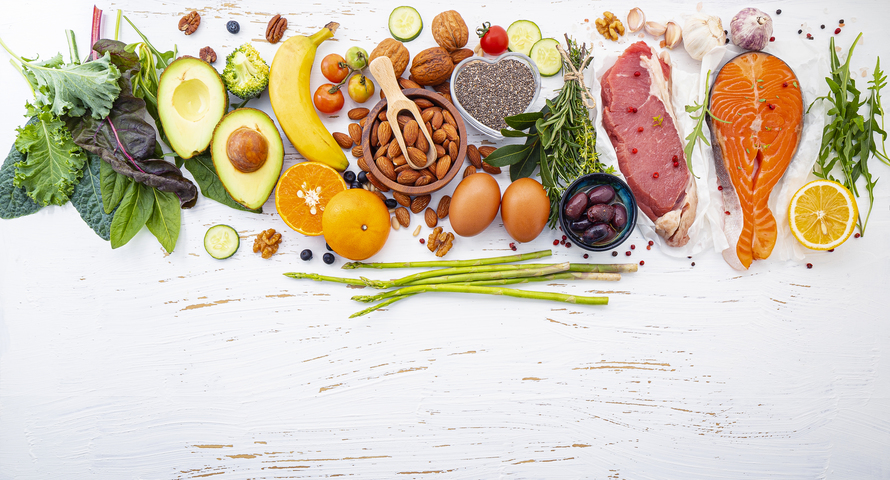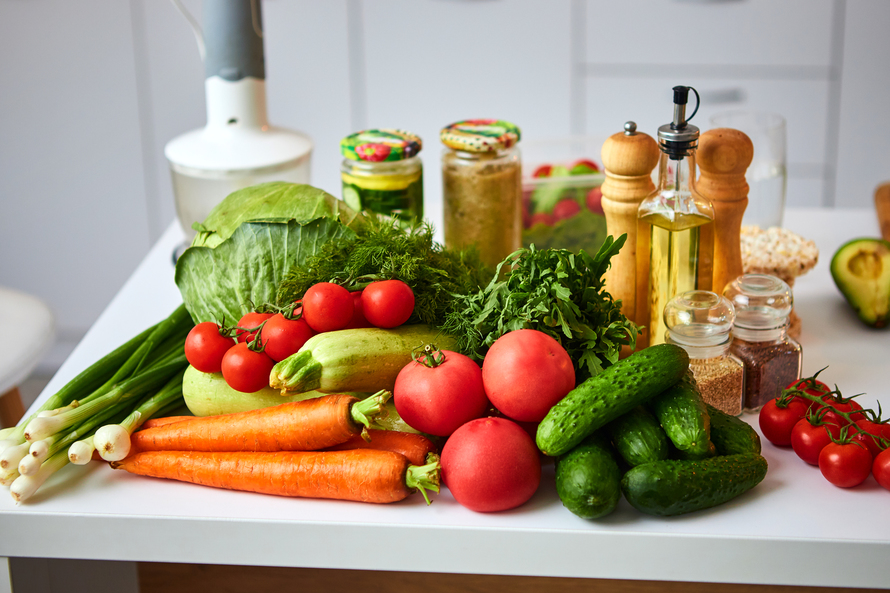All you need to know about flexitarian diets
Have you ever consider become vegetarian? There is no doubt that climate change, global warming, and a shortage of natural resources are overwhelming problems that make us think if we should reduce our consumption of meat and animal products, you probably already thought about quitting them for good, although it could be extremely complicated.
If you identify with this situation, you should consider a flexitarian diet as your new feeding regime, whether you apply it as a transition phase to vegetarianism or as an alternative to improve your diet.

What is a flexitarian diet?
This concept appeared for the first time in an article written by journalist Linda Anthony in 1992, in which she described a new flexible culinary regime for vegetarians. Basically, it refers to a semi-vegetarian diet, mostly based on vegetables and fruits, that occasionally allows eating animal products and meat in small quantities.
Due to its few nutritional restrictions, some specialists have categorized this kind of diet as “healthy omnivorous nutrition”, which includes traditional diets that we have been employing in our daily routine for a long time.
However, the main objective of a flexitarian diet is to gradually reduce the consumption of animal products to increase the portions of vegetables, fruits, and cereals, rather than establish rigorous feeding parameters.
Although flexitarians don’t set a frequency or quantities allowed, they do recommend a reduction in the consumption of pork by 88%, beef by 73%, and rice by 49%, and the increase of seeds and nuts by 282%, legumes by 209%, and vegetables by 77%. Another suggestion related to eating meat is that your intake per week doesn’t exceed two servings of 4.5 ounces.

Benefits
Flexitarian diets offer different advantages, from getting healthier eating habits to a considerable reduction in your weekly expenses on food, several specialists even point out that a massive implementation of this type of diet would have a positive impact on the environment. Other important benefits are:
- The reduction of red meat in your diet reduces the risk of cancer, heart attacks, and other cardiovascular diseases.
- Vegetable-based diets favor weight losing and a lower body mass index.
- Provides enough amount of fiber and reduce saturated fat, improving cholesterol and triglyceride levels
- Decreases the production of meat and animal products, reducing greenhouse gas emissions.
- Compared to a vegetarian diet it allows more flexible feeding plans.
- Both children and adults can adopt this type of diet.
Now that you know more about flexitarian diet maybe you realize is something you have been practicing for a long time or perhaps you are considering adopting this type of diet to improve your feeding habits; either way, we highly recommend to consult a specialist to discover the best alternatives to take care of your health.




